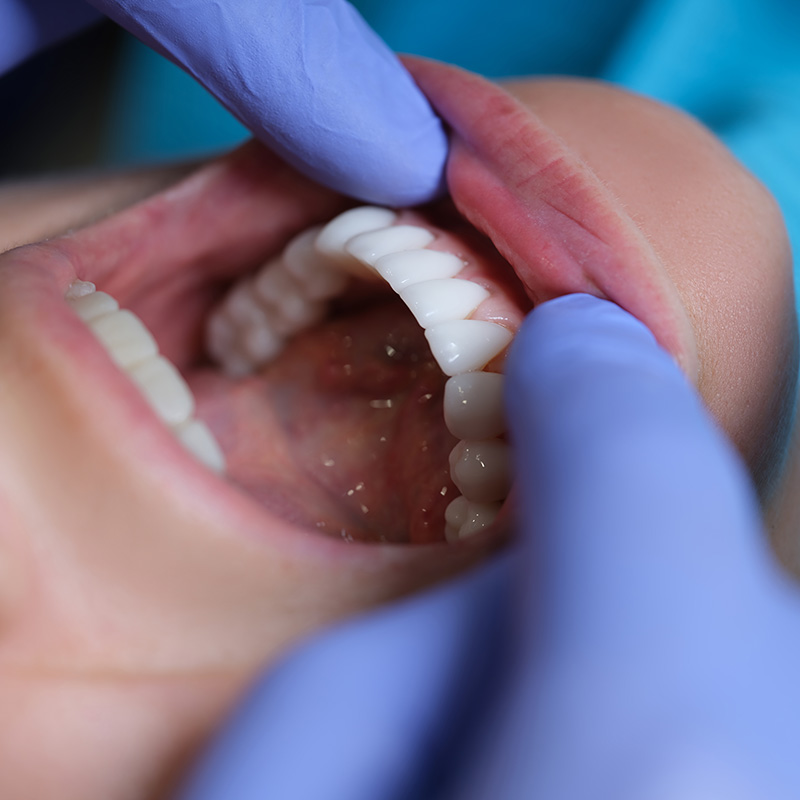Cosmetic Dentistry
Enhance Your Smile With Cosmetic Dentistry in Slidell, LA
The health of your smile is important. However, for many patients, their smile’s appearance is just as crucial. At Crossgates Dental, we provide comprehensive cosmetic dentistry services in Slidell, LA. Our dental professionals will consult with you about your ideal smile and create a personalized treatment plan to give you the smile you’ve always wanted. Whether you’re searching for a way to achieve a more vibrant smile or enhance the shape of your teeth, we can help. Learn more about our cosmetic dentistry options, and then schedule your appointment today.

You’ll Love the Look of Your Smile
Your smile is one of your most defining features. Whether meeting someone for the first time or interviewing for your next position, a vibrant, beautiful smile can leave a lasting impression. We follow a trusted process for improving your smile, which includes a consultation to examine your teeth. Next, we’ll discuss what you hope to achieve and any areas of concern. Finally, our team will customize a cosmetic treatment plan specifically for you. Our patient-centric approach ensures you get the care you need and results you’ll love.
Learn About Our Cosmetic Dentistry Options
At Crossgates Dental, we personalize cosmetic treatments for transformative and natural-looking results. Our team of dental professionals has helped countless patients throughout the years, and we’re confident we can assist you. Learn more about our available cosmetic dentistry options and book your consultation.
Choose Us for Your Cosmetic Dentistry Treatments
As the area’s trusted dentist office since 1992, the dental professionals at Crossgates Dental have stayed up to date on all the latest industry innovations to provide you with stunning transformations. Our commitment to ensuring our patients are satisfied with the quality of our care and our compassion for each patient’s need ensures you and your family receive the best dental solutions. Our cosmetic dentistry services are meant to provide you with a vibrant and natural-looking smile you’ll love. Contact us today to get started with a consultation.



